26 Aug
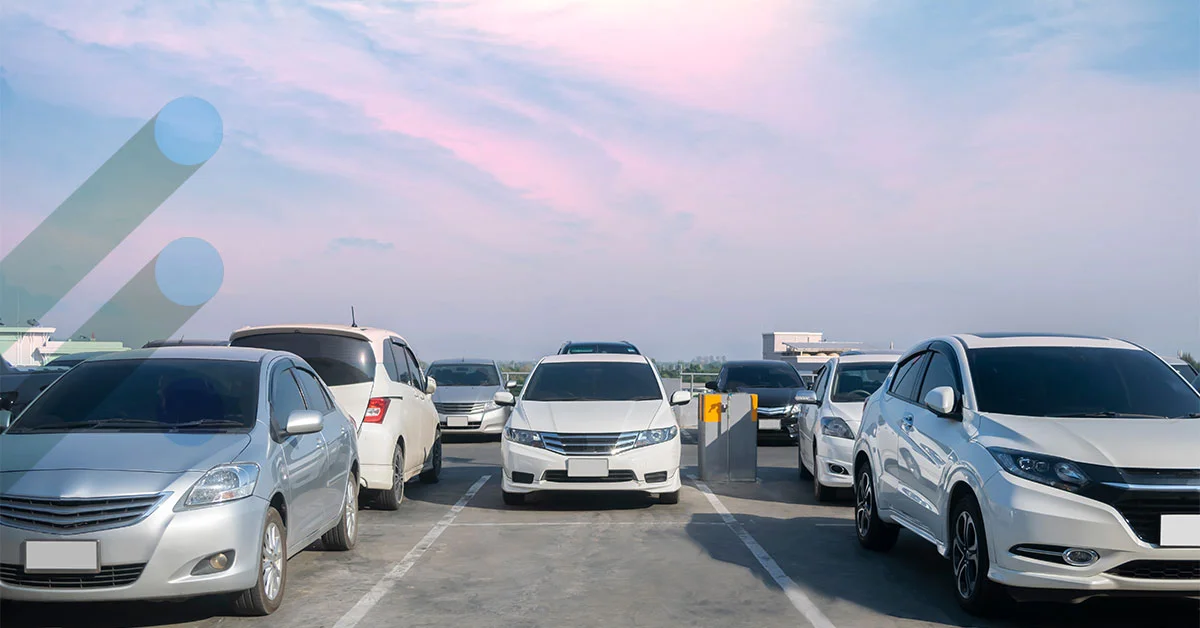
All About Competitive Intelligence and Car Rental Business
In today’s day and age, everything has subtly shifted to the confines of the Internet. The entire online experience has become similar across all channels for almost all the industries, especially, Travel Industry. Whether a person is booking a hotel room or planning to rent a car for that much awaited road trip, the experience is now quite similar.
29 Jul
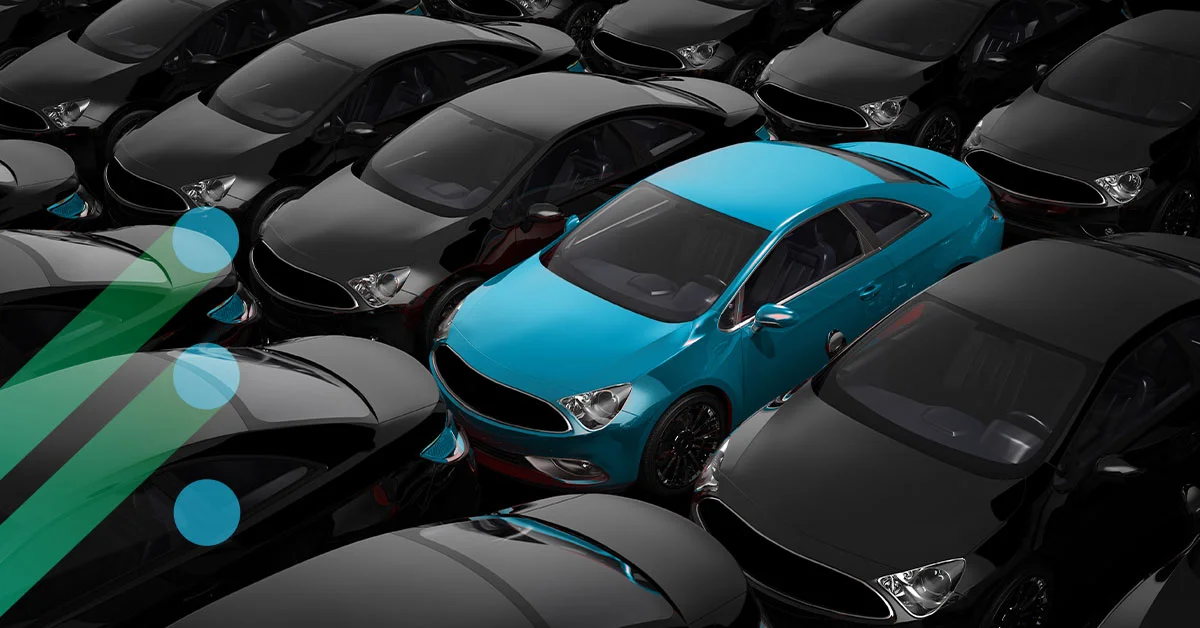
How to Leverage Price Intelligence to Stay Ahead of Your Competitors
At a time when quality and sustainability have taken the lead among buyers, pricing still remains a significant factor in purchasing decisions. Most consumers seek the lowest pricing options wherever possible, and the internet has made it increasingly easy to find the lowest prices.
09 May
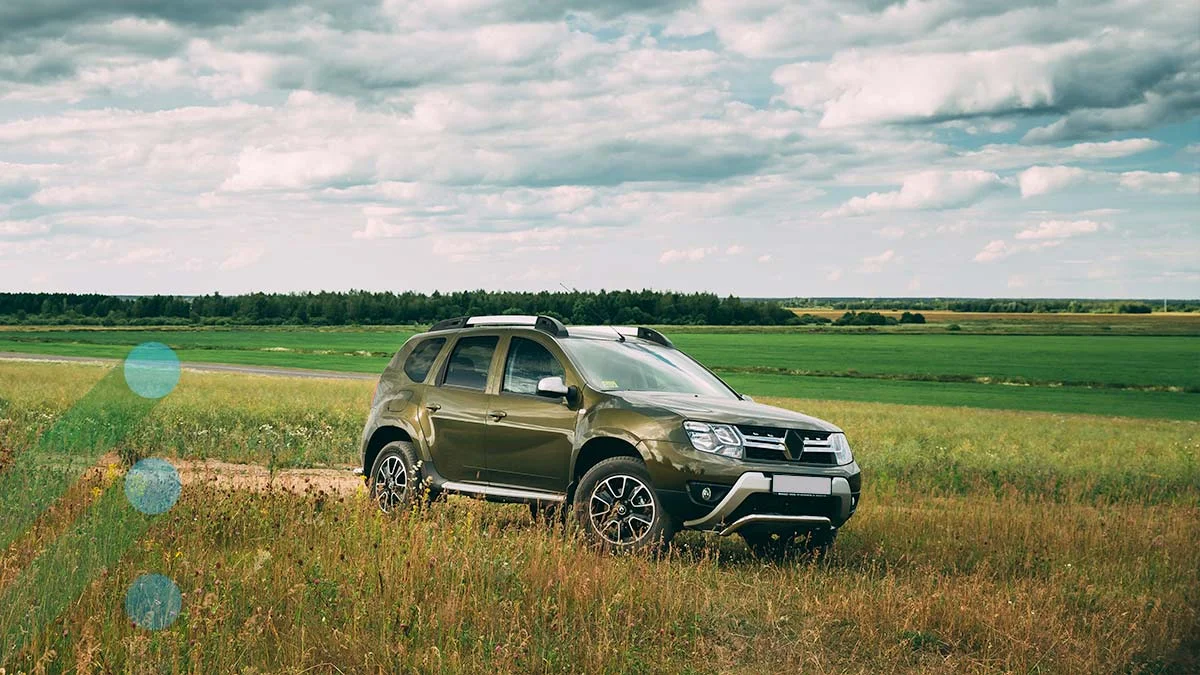
Car Rental Special: Lessons to Implement in 2022
As the car rental industry looks set to gear up for the next few years, here are 5 lessons from 2021 that every car rental business must be mindful of.
14 Apr

Here Is What To Expect At The International Car Rental Show 2022
If you are reading this, then you are probably already aware of ICRS22, which takes place in Las Vegas on April 24-26.
10 Mar
Increasing Fleet Efficiency and Revenue in The Car Rental Industry
In the quest for improved fleet utilization (fleet efficiency) and Revenue Per Day (RPD), car rental companies are trying out multiple tactics and solutions to maximize two of the most important KPIs in the car rental industry.
14 Oct

Enhancing Car Rental Revenue Management with AI-driven Dynamic Pricing
The car rental industry today is enjoying a boom amid rising disposable incomes, improved air connectivity across smaller cities, and healthy growth in business and leisure travel. The U.S. market had its best year ever in terms of revenue in 2018, clocking a 4.8% jump in top line to over $30bn. Even more impressive was the fact this record revenue was realized on smaller fleet base, with revenue per unit hitting an all-time high of $1,131 per month.
14 Oct
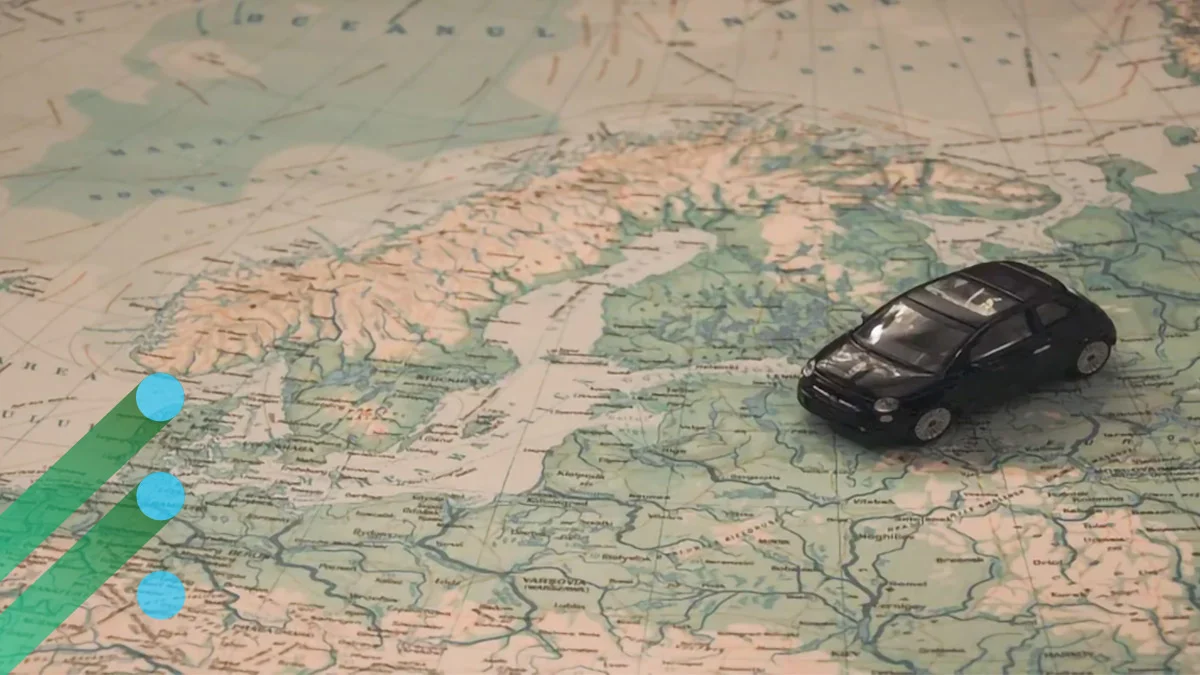
Understanding how events affect demand and pricing for the car rental business
Historically, car rental pricing has depended on how large an event was: the larger the event, the higher the price and revenue managers knew all the large events well and that made sense.
06 Oct
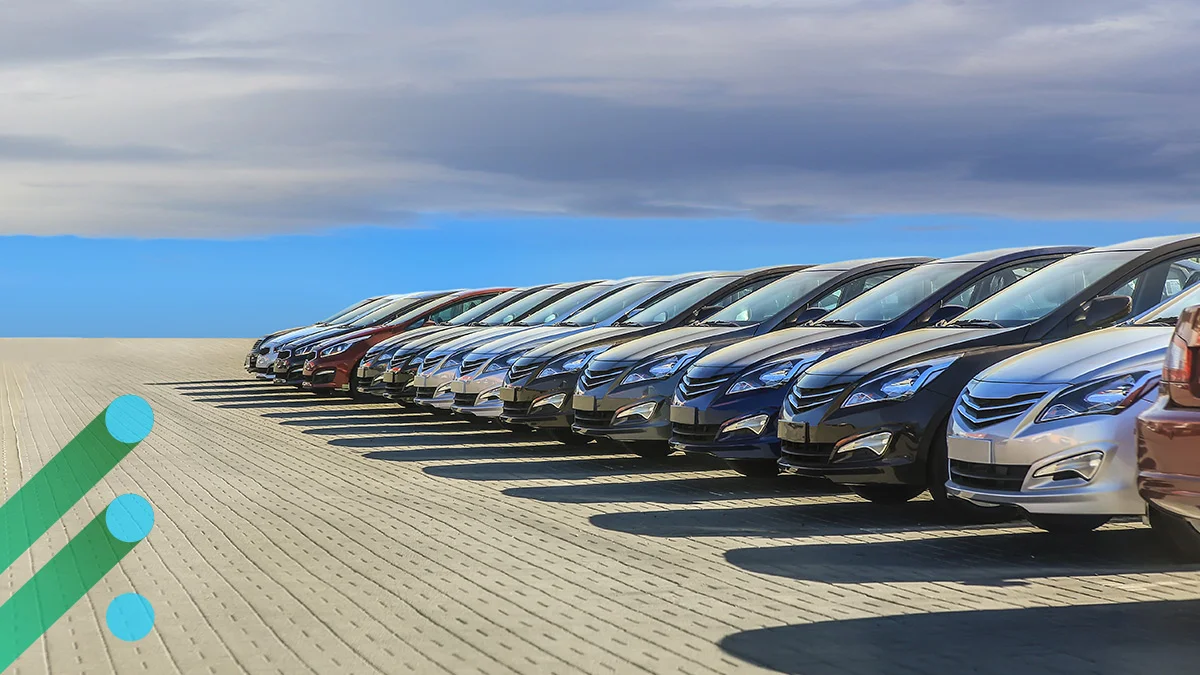
The Path to a Shared Future: Can Car Rentals Help in Turning Around the Industry Slowdown ...
Gone are the times when buying a car was one of the first investments of a working professional for the sheer ease and convenience a self-owned vehicle gives you. The Digital consumer single-handedly has altered the entire automotive industry’s supply chain by impacting both production and consumption of goods.
06 Oct
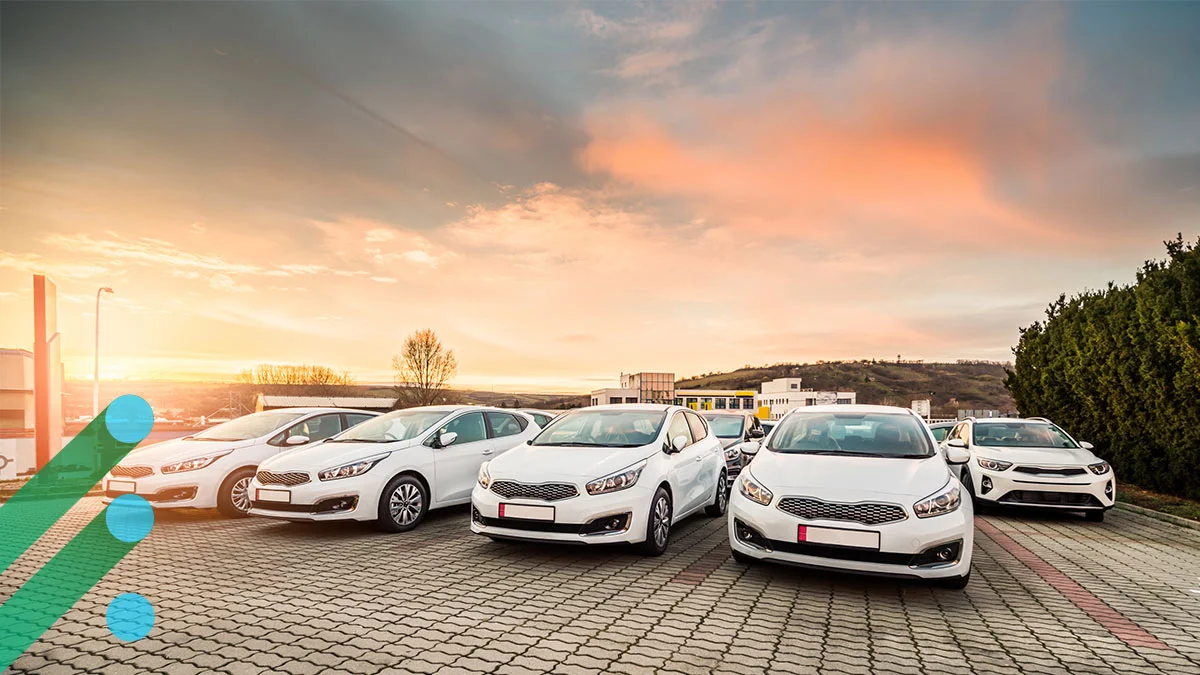
What Signals is the Summer of 2021 Giving Car Rentals?
2020 is a year that the car rental industry would want to forget. The pandemic and the challenges it brought in terms of lockdowns and social distancing had the industry witnessing an unprecedented slump. Fortunately, with the development of the Covid-19 vaccine, demand for car rentals is now gradually picking up.

